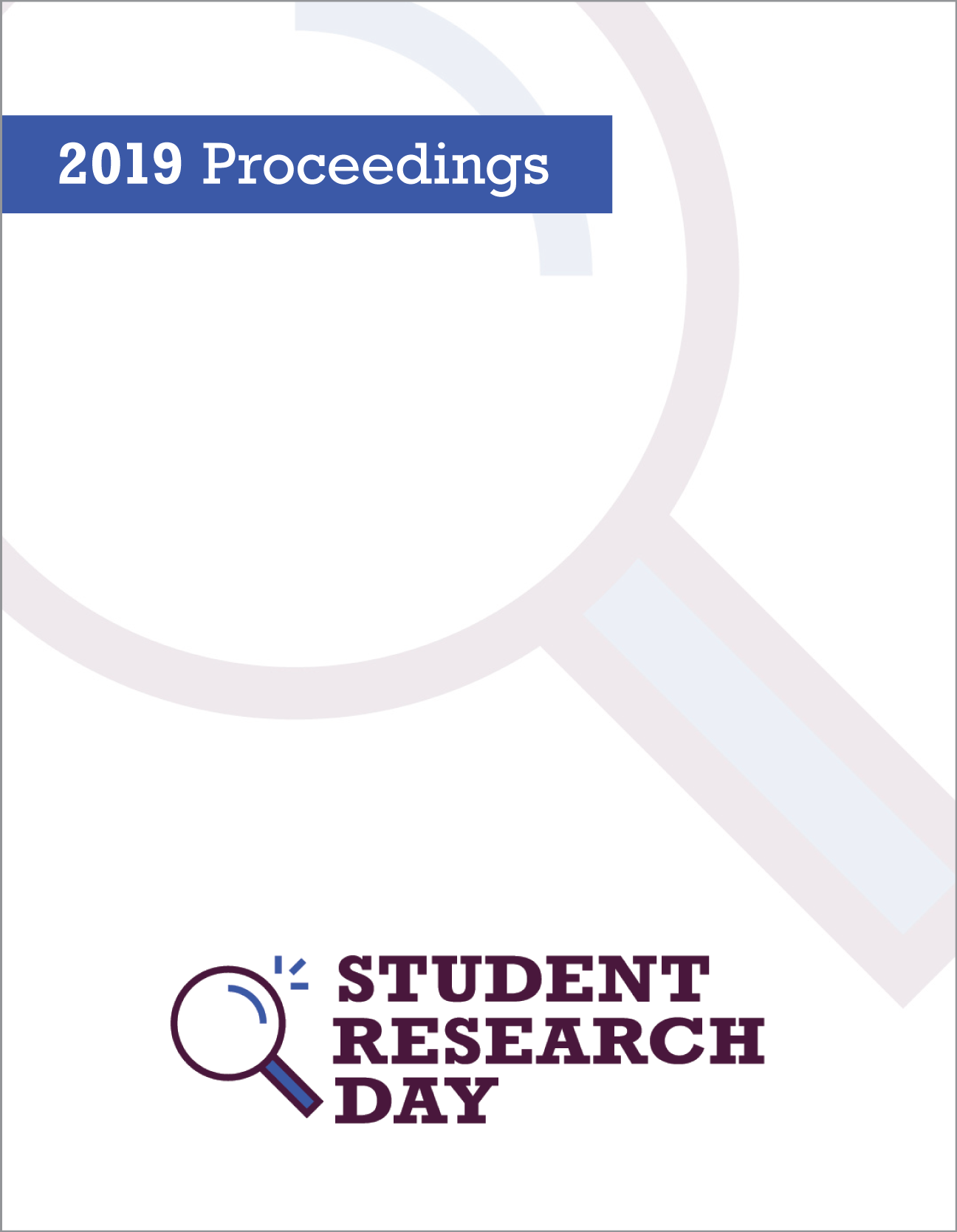Effects on Remorse of Death Row Inmates
Abstract
The purpose of this study was to find a model capable of predicting the remorse felt by a death row inmate prior to their execution. The original dataset, compiled by Nguyen, My Khe (2017) from the Texas Department of Criminal Justice, consisted of 21 different variables, of which race, native county, previous crime, time spent in prison, number of victims, and percent of female victims were focussed on as predictors. The presence of apology in the final statement of the offenders (a binary measure) was used as the response variable. The chosen variables underwent several tests in SPSS including crosstabs to assess the association between the predictors and response. Several logistic regression models were fitted and compared to evaluate the influence of the predictors on the response variable; this process included both forward selection and backward elimination procedures. Finally, measures such as Cook’s Distance, Leverage and DFBetas were calculated to identify the existence of influential observations. Ultimately, the results were inconclusive. The final fitted model, which included race, time spent in prison, an interaction between race and time spent in prison, and number of victims, was questionable and could not be recommended for predictive purposes.
Faculty Mentor: Karen Buro
Department: Statistics
References
Published
Issue
Section
License
Authors retain any and all existing copyright to works contributed to these proceedings.



